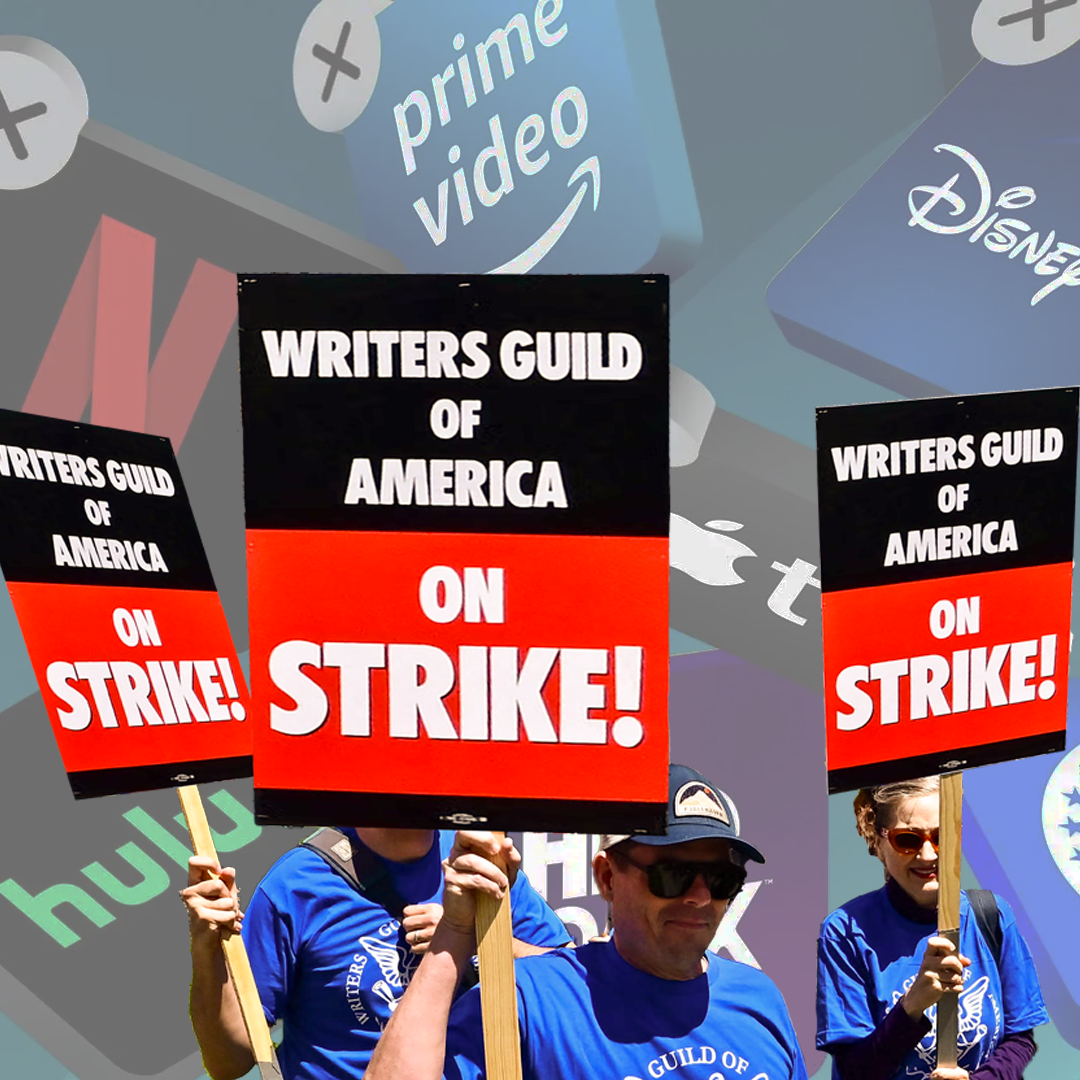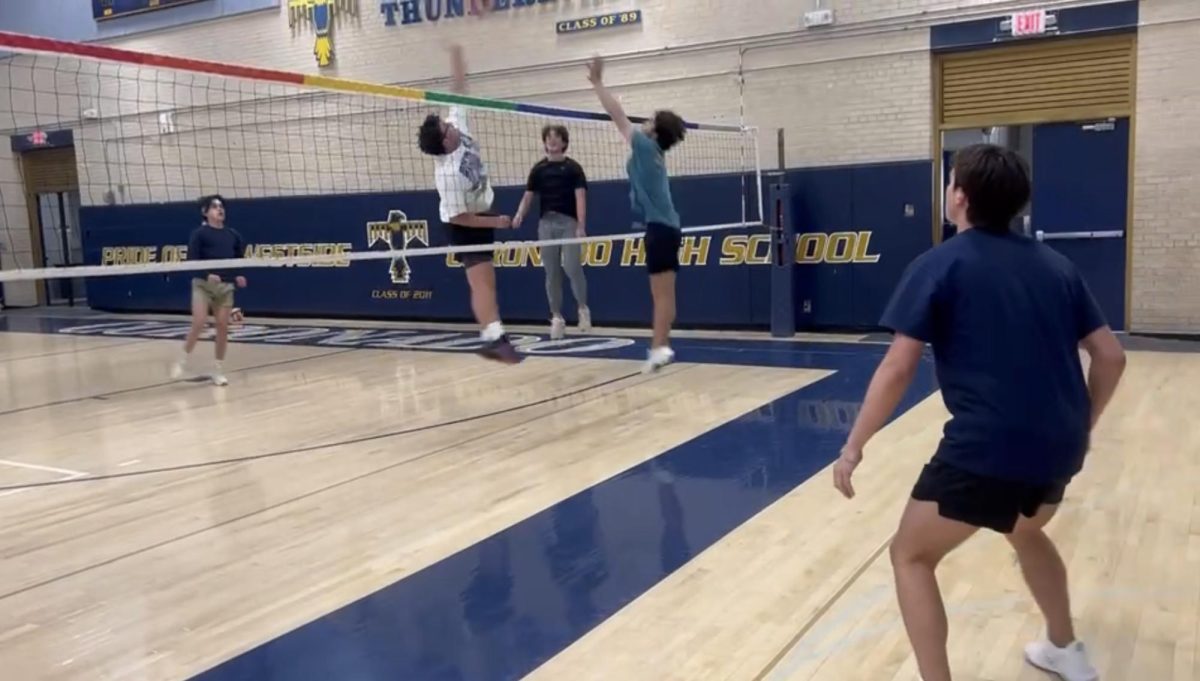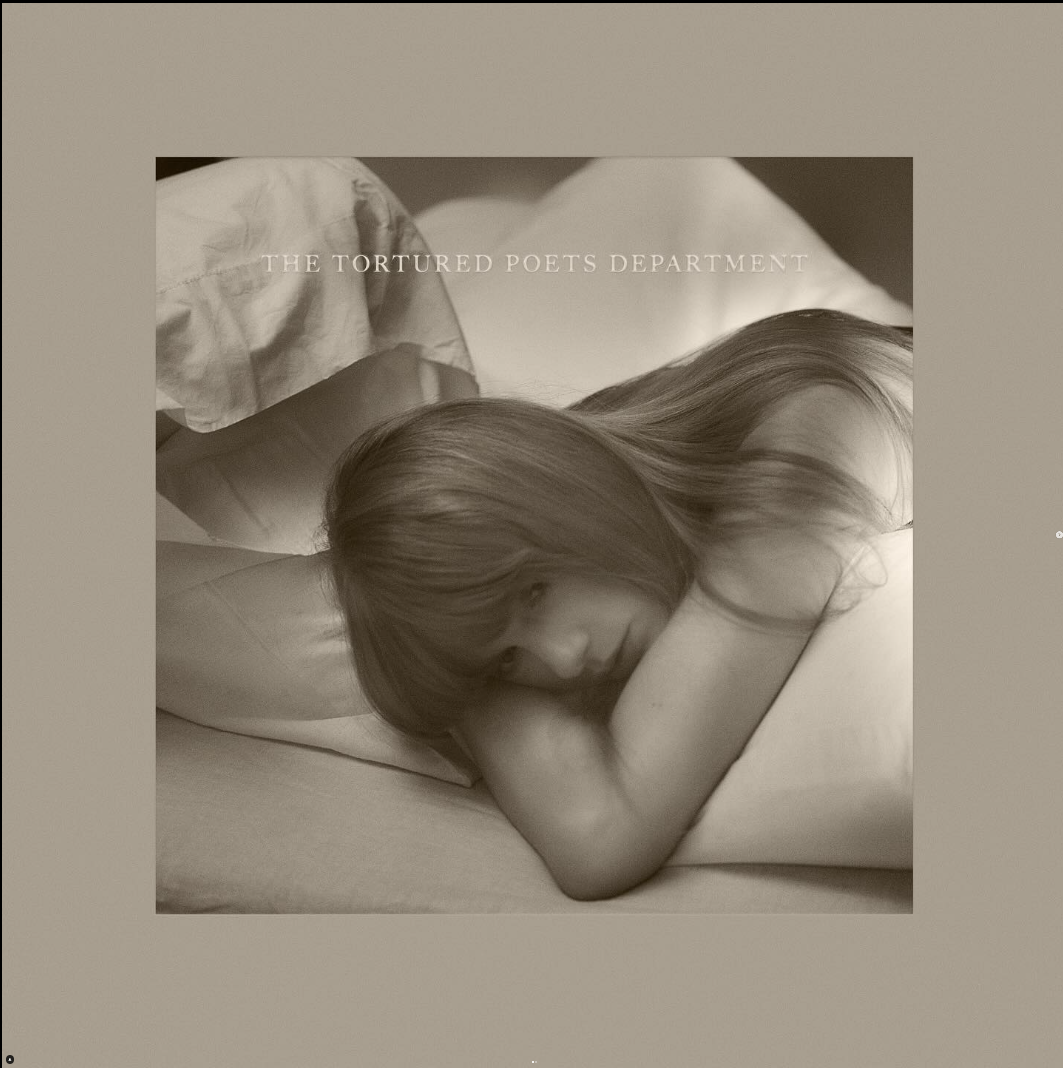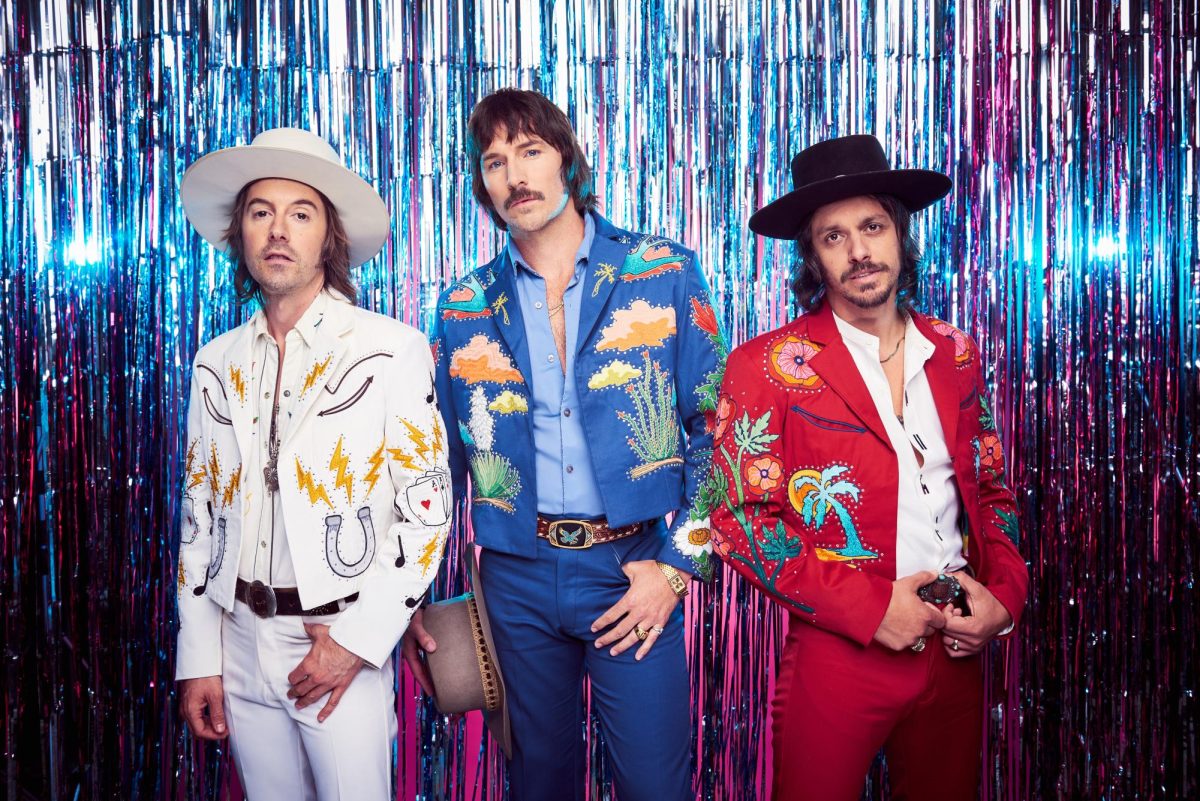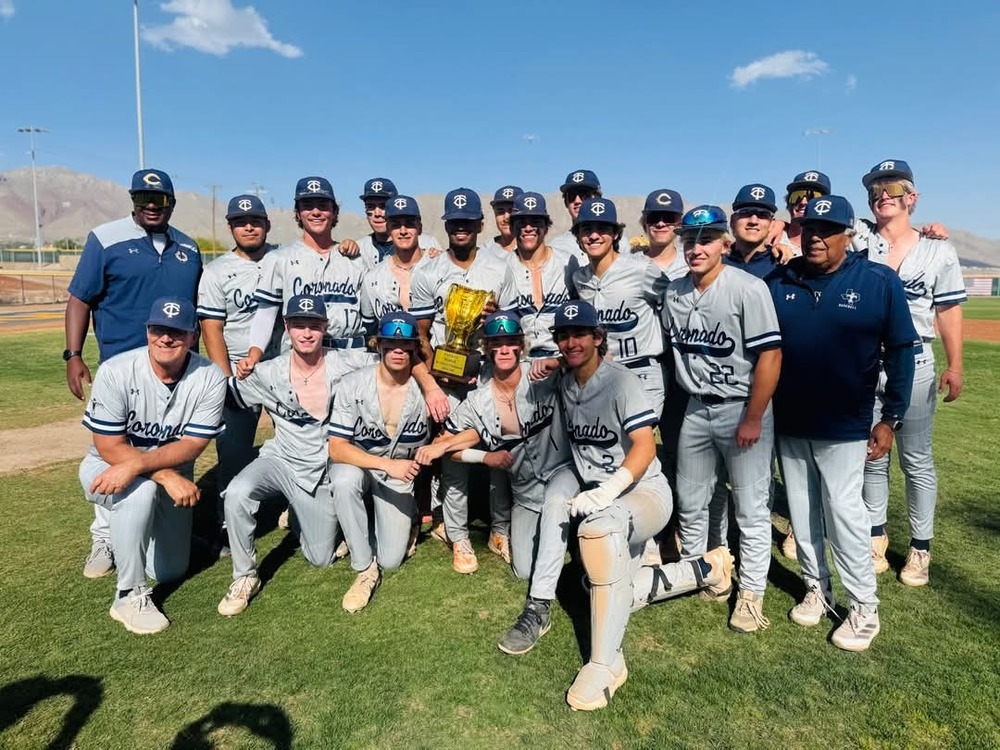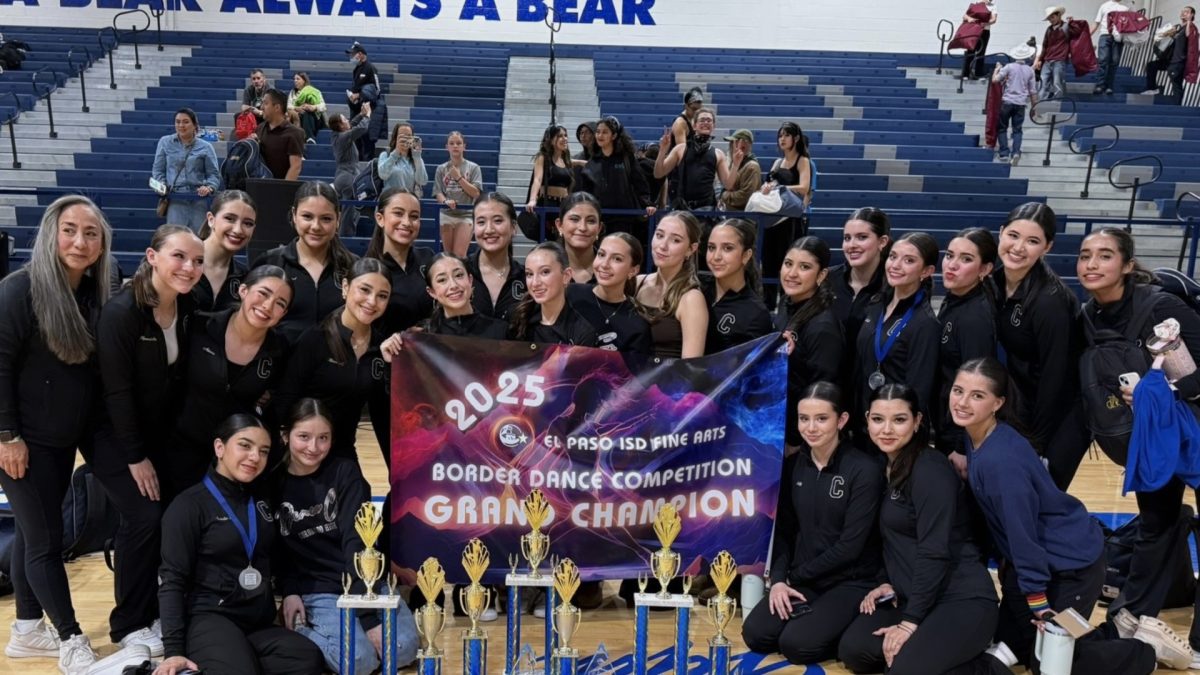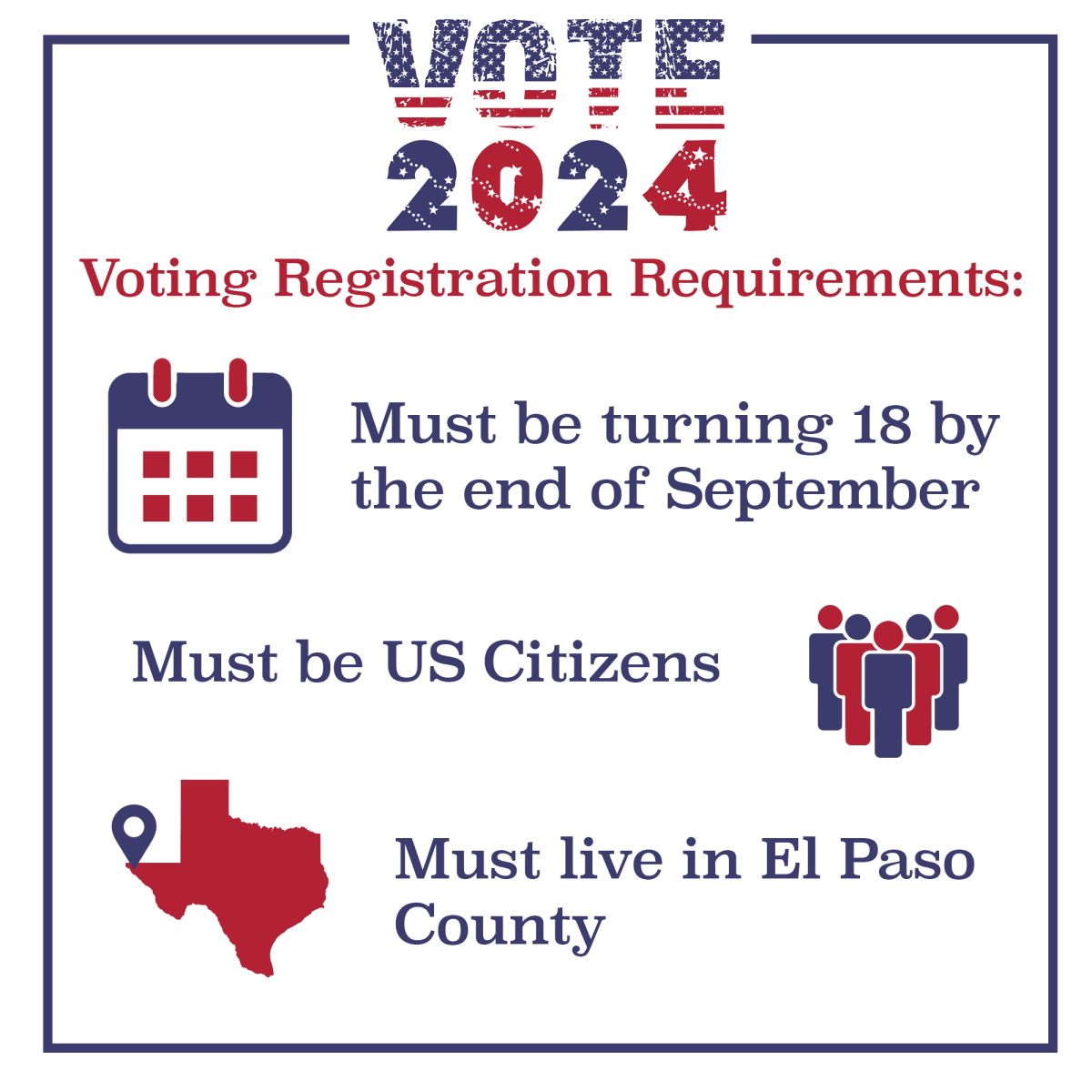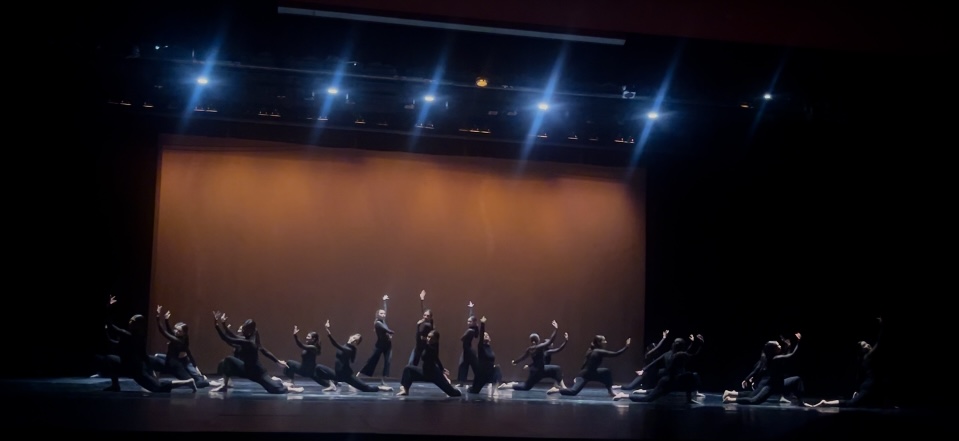Streaming is the main form of media consumption, but many writers feel they aren’t reaping the benefits of its success. This has led to the first major labor disruption in Hollywood since 2007. With negotiations between the Writers Guild of America and major Hollywood studios producing disappointing results, the WGA is leading an ongoing strike in hopes it will influence studios to reconsider compensation as they enter their fourth month.
Every three years, the WGA, representing around 11,500 writers in TV and film, engages in negotiations with Hollywood studios to secure a new contract. This time, the negotiations were filled with tension. Despite the rapid growth of television production due to streaming services’ investments, writers have claimed that their compensation has remained unaffected. The WGA leadership argues that the survival of writing as a profession is at stake.
There remains a significant gap between the demands of the writers and the offers from the studios. While Hollywood companies claim to have presented “generous increases in compensation,” the unions accuse the studios of maintaining an “immovable stance” that devalues the writing profession. Experts predicted that this strike would not be resolved quickly, and thus far have been proven correct.
While the strike will take some time to affect the entertainment pipeline, partly due to lengthy production schedules, the television landscape is already experiencing major disruptions.
The producer of the infamous Netflix show Suits Aaron Korsh had partly listed the strike as a reason no show revival would occur.
“Let me say right off that there is no #Suits reboot or anything in the works, strike would have to end, some network or streamer would have to reach out and then we would have to collectively want to. Which is no small thing…” Korsh said.
Viewers can expect a decline in new TV series, particularly towards the fast-approaching end of this year. Reality shows and international series will likely fill the gaps, but soap operas, already endangered, will run out of new episodes within a month.
Late-night talk shows such as “Saturday Night Live” and “The Tonight Show Starring Jimmy Fallon,” have experienced interruptions in production earlier in the year.
Historically, writers have remained united in their negotiations with studios. Over 9,000 writers authorized the strike with a resounding 98 percent majority vote in mid-April. Screenwriters have demonstrated a willingness to endure lengthy strikes, with the 2007 strike lasting 100 days and the longest strike in 1988 dragging on for 153 days.
The writers have raised several critical issues during negotiations. These include fair compensation, better residual pay, especially for streaming content, and addressing what they consider “abuses” in the workplace where writers are paid less for shorter work periods. Additionally, they seek safeguards against the impact of artificial intelligence on their profession.
“AI can’t write or rewrite literary material; can’t be used as source material; and MBA-covered [contract-covered] material can’t be used to train AI.” The WGA said, in reference to their proposal chart.
The Alliance of Motion Picture and Television Producers rejected the Writes Guild’s proposal. The WGA stated the companies offered a vague proposal that suggests industry leaders are not making any guarantees.
On the other hand, various studios claim the industry is facing rough economic conditions, such as a shrinking advertising market and changing viewership habits. Studios and their need to make streaming services decently profitable has made making major changes in how writers are paid the last of their worries.
The strike’s prolonged production shutdown could have far-reaching consequences, impacting various workers who support productions, from drivers to caterers. In 2007, the Los Angeles economy suffered an estimated $2.1 billion blow during the 100-day strike.
As of Sunday, September 25, the WGA has reached a tentative deal with major film and television studios that will benefit and protect writers. This agreement still needs to be ratified by over 11,000 writers being represented, but it marks a significant turning point in the strike. Industry stakeholders and fans alike are hoping for a resolution that ensures the demands of the writers and addresses the challenges of the modern entertainment landscape.



